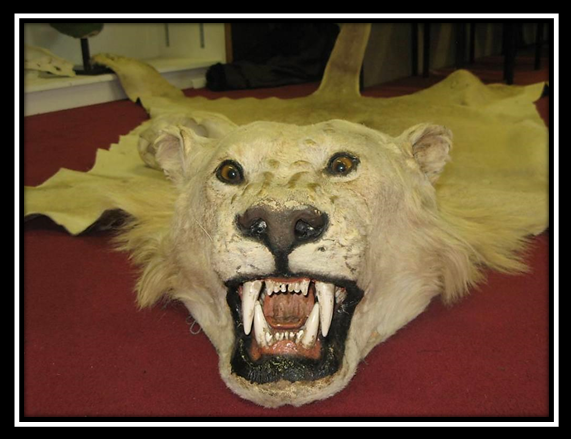News
Latest Lion Aid News
A third attempt at getting a trophy hunting import ban through the UK Parliamentary process
Wednesday 18th September 2024
|
LionAid is ready to facilitate a third attempt at getting a trophy hunting import ban through the UK Parliamentary process. The first two attempts failed. One made it to the House of Lords where it was filibustered and ran out of time. The second failed because a new general election was announced. The first was sponsored by Henry Smith (a Conservative MP, now no longer in Parliament) and the second by John Spellar (Labour MP, stood down in 2024 in general election, now in the House of Lords). So if there is to be a third attempt, we at LionAid believe it will have to be narrowly and carefully defined. Only to include endangered and threatened species already defined under CITES appendices I and II, and EU definitions on annexes A and B. In other words, to prevent the IMPORTS of those animals judged under significant threat of population survival damage exacerbated by trophy hunting. This will be easily understandable by those in Parliament and the Lords and should have little controversy in passing. Keep it simple in politics and give little room for those who would like to nit-pick and confuse issues. Once a basic Bill has been passed, it can pave the way to include more species in the future.
Here is the link to find your local MP. Thank you! Please click HERE to DONATE. Thank you.
Tags: lions, import ban, trophy hunting Categories: Trophy Hunting |
Add a comment | Posted by Chris Macsween at 17:15




